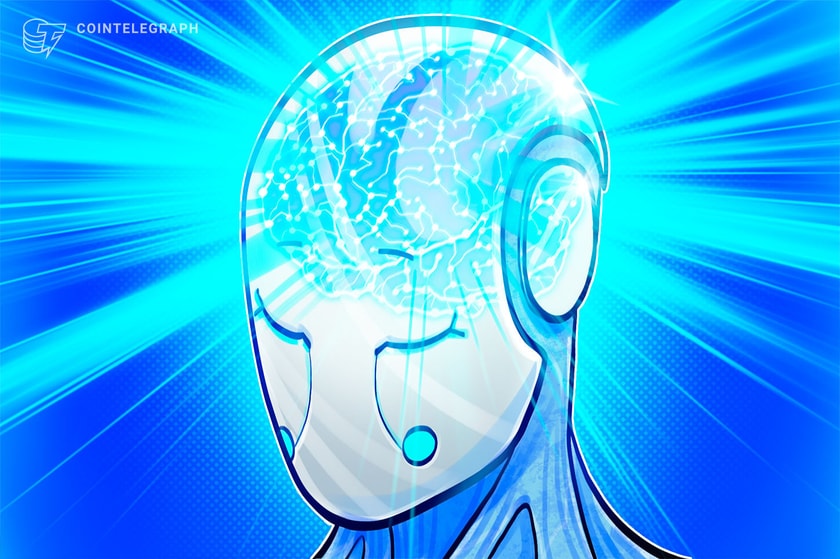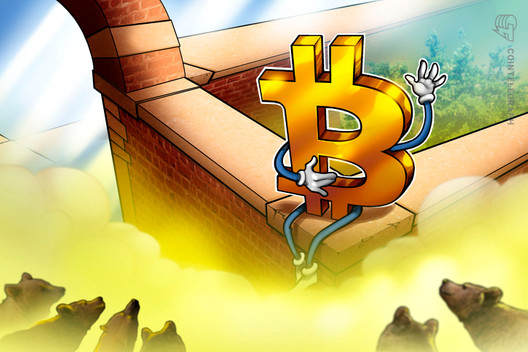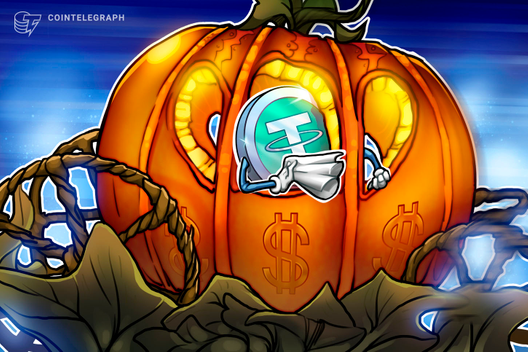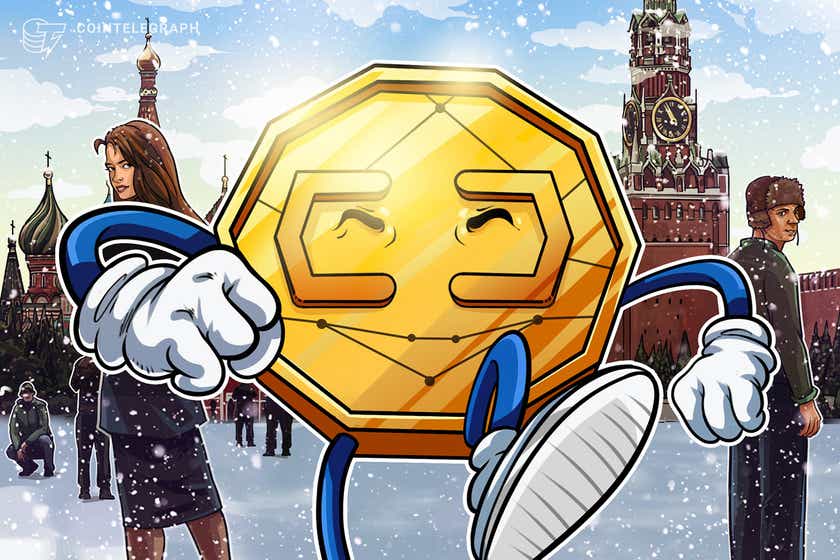Albert Heijn, Holland’s largest supermarket chain, has revealed it is using blockchain to make the production chain of its orange juice transparent, International Supermarket News reports September 21.
Albert Heijn will reportedly launch the new blockchain system in partnership with its supplier, Refresco. To give customers’ maximum information about the source of Albert Heijn’s own-brand “sustainable” product, they will be able to scan a QR code on the orange juice carton that will trace the end-to-end route of its production, from Brazil to the Netherlands.
The system will reportedly store data that reveals the quality and sustainability ratings held by various produce growers, as well as information about the fruits themselves — including their harvesting period and sweetness intensity. The system will further enable customers to tip, using a “Like2Farmer” option.
Albert Heijn’s Commercial Director Marit van Egmond is quoted as saying that:
“We want to make an active contribution on issues that are important to our customers — by making our products healthier, reducing food waste and limiting our impact on the environment. Transparency in the chain is becoming increasingly important.”
As previously reported, blockchain technology has been gaining traction in the global food industry.
In June, the South Indian state of Kerala’s government announced it would be using the technology for food supply and distribution, considering a blockchain system could make the state’s supply network for dairy products, vegetables, and fish more efficient. That same month, Microsoft revealed a new partnership to develop its own blockchain-based product tracking platform to secure traceability and visibility across the supply chain.
In April, U.S. retail giant Walmart announced it was ready to use blockchain in its live food business. Together with IBM, the company has developed a system that it says will reduce food waste, as well as improve contamination management and transparency.









